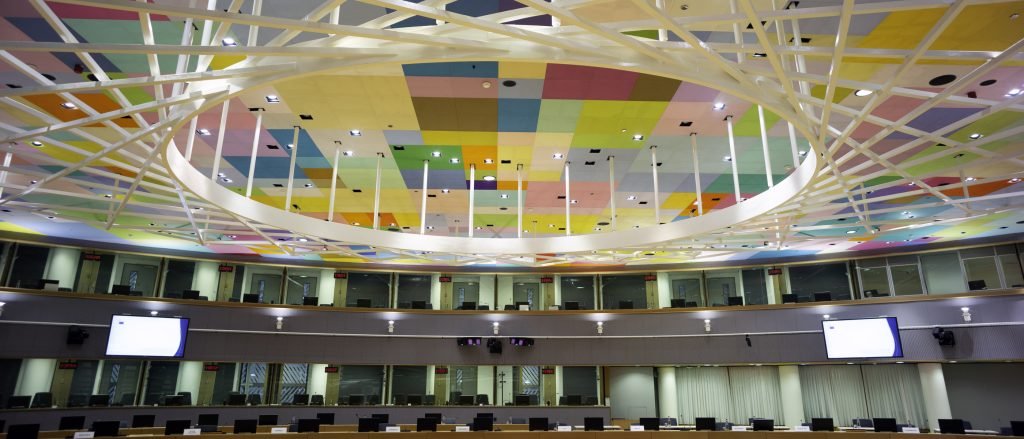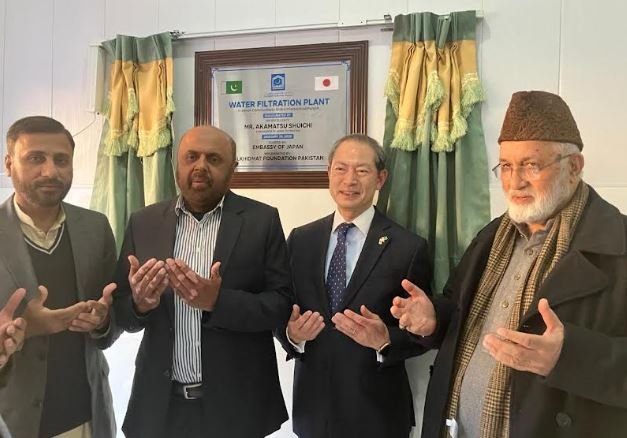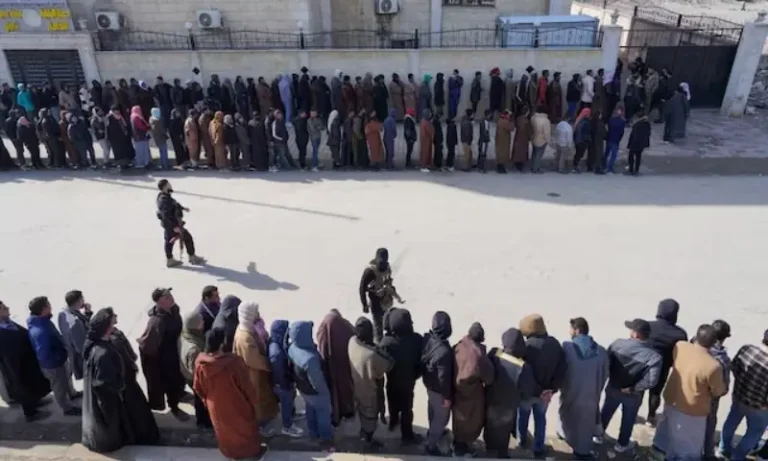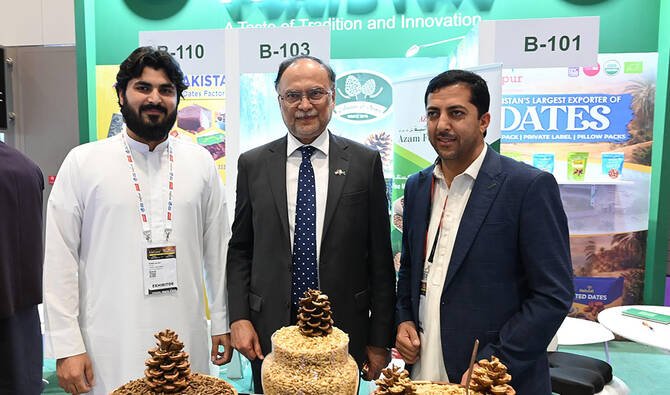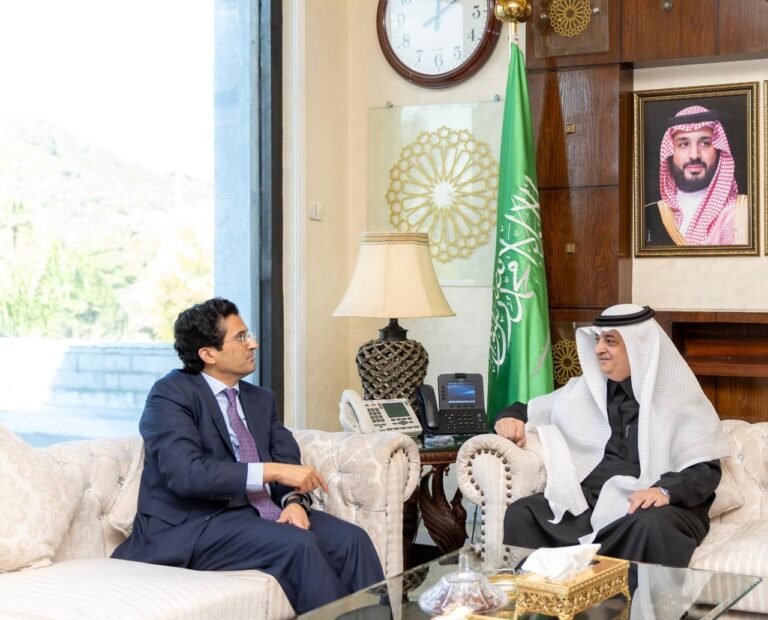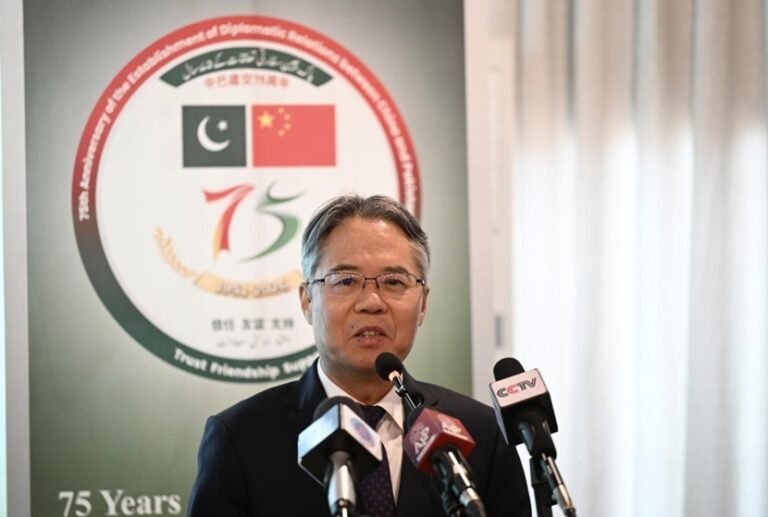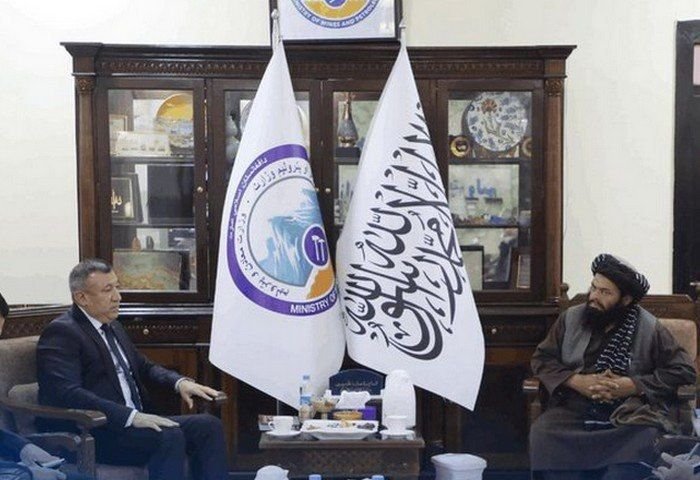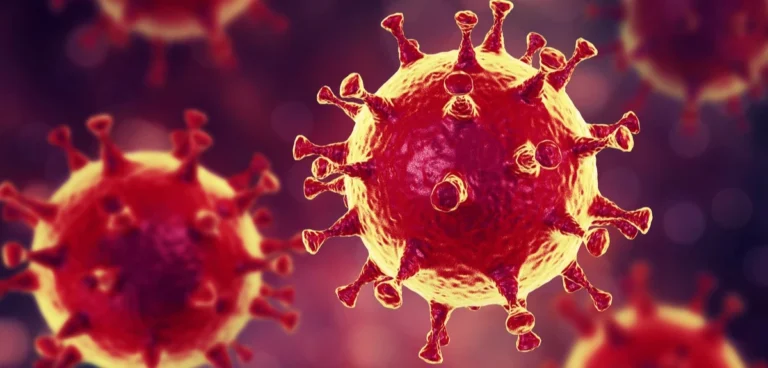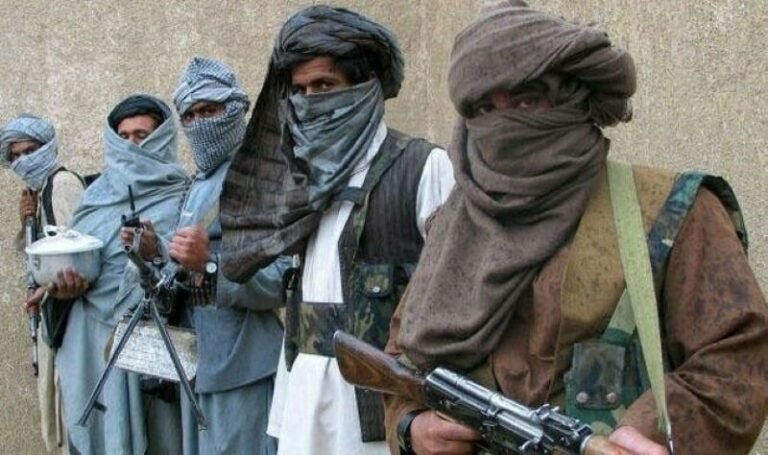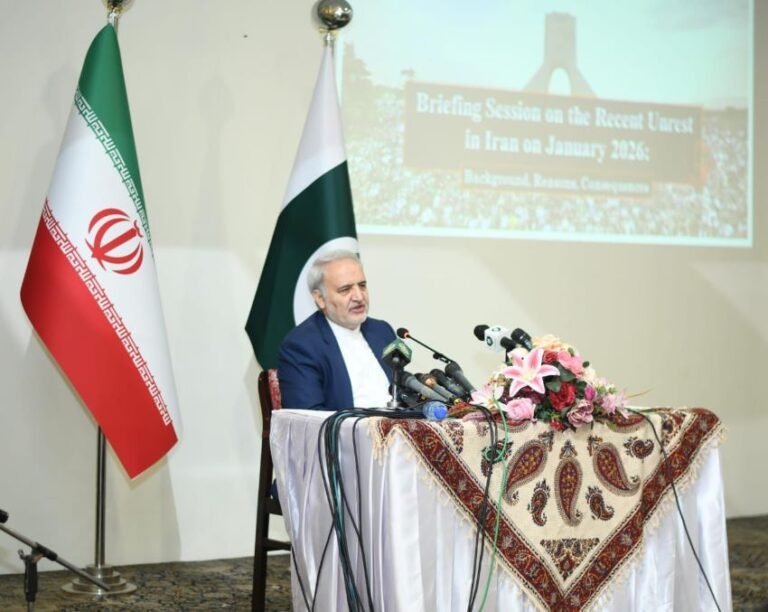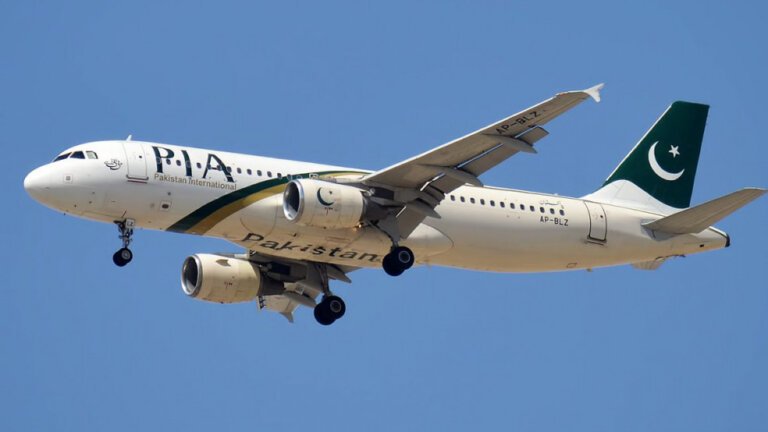Brussels, 22 February 2023 (TDI): The Minister of Foreign Affairs of Latvia, Edgars Rinkēvičs, took part in the meeting of the General Affairs Council (GAC) of the European Union (EU) in Brussels.
The meeting focused on an annotated draft agenda of the EU on topics including the EU economy, energy, Ukraine, and Russia, and miscellaneous.
The Minister of Foreign Affairs expressed his opinion, supporting the agenda of the General Affairs Council. He drew attention to the need of making extensive progress in the EU’s energy sector.
In this vein, he maintained the stance that despite warm winters, a renewed resolution is required to prepare for the next heating season.
Also read: EU leads international aid effort in response to the devastating earthquake in Turkiye
He also urged to proceed with a clear and meticulous assessment of electricity market reform. Also, Edgars Rinkēvičs also favored incentivizing investments in renewable energy resources, calling it an important feature for the EU electricity market reform.
He further discussed the long-term competitiveness and productivity of the EU economy. An open and ambitious trade policy is essential for boosting the competitiveness of the EU’s economy.
European Council’s GAC Meeting
The European Council’s General Affairs Council meeting is to be held on 23-24 March. The council started its preparation by discussing the annotated draft agenda. Numerous important issues have been lined up for discussion in the GAC meeting.
The EU leaders will address the Russian aggression and resolve to continuously support Ukraine followed by its trade policy.
The council will discuss strategies for boosting the competitiveness and productivity of the EU economy with an equal emphasis on the industrial and economic base.
The council will also evaluate the implementation and progress of migration laws. Furthermore, considering the international diplomatic developments in Europe, the council may address important foreign policy issues.

